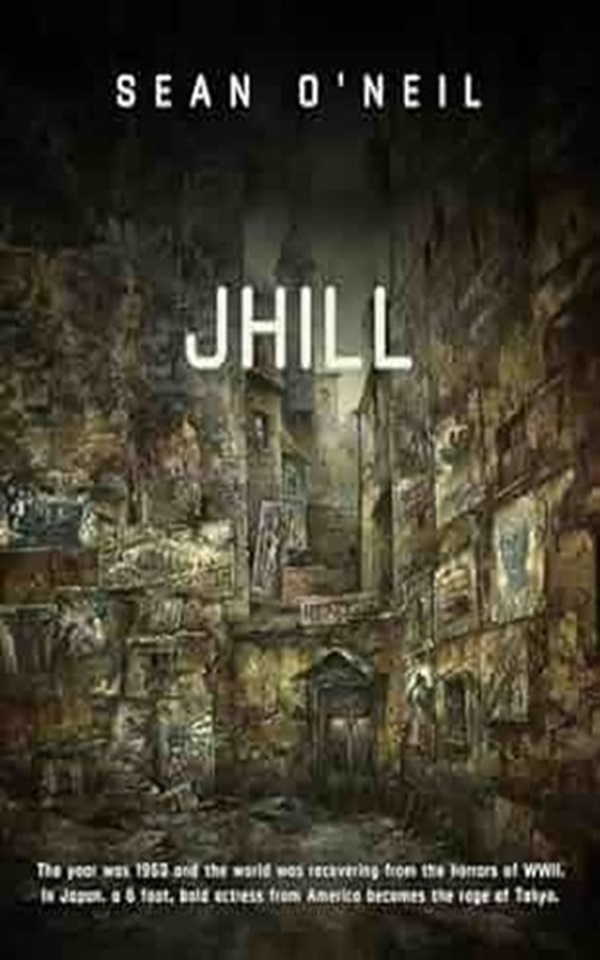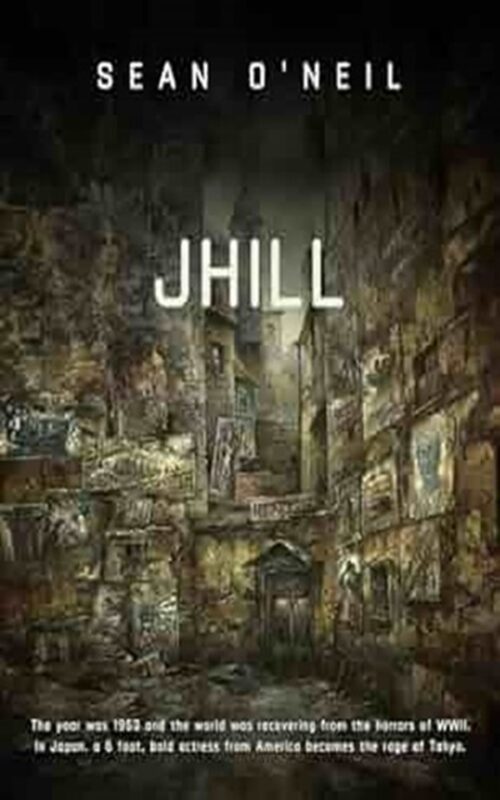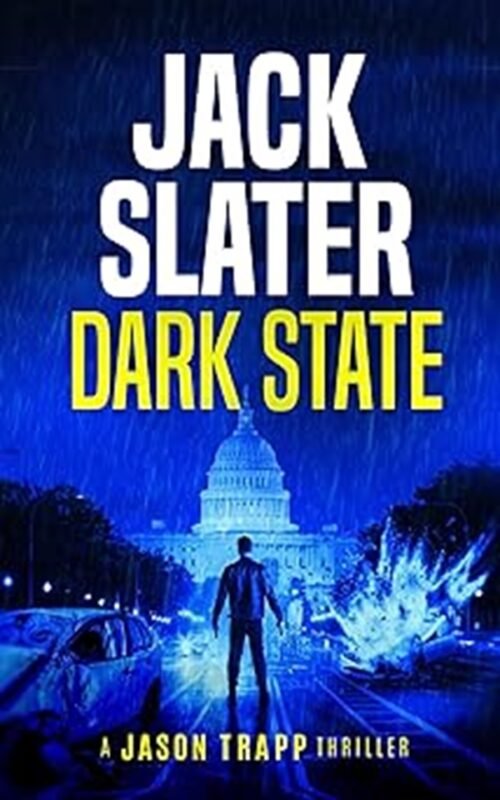Jhill
$2.99
The year was 1953, the world was still recovering from the devastation of World War II, and people desperately needed an escape. In Tokyo, they found it, in the form of film. Japan and in particular, Tokyo, saw a golden age of cinema erupt in the early 1950s as it was released from the shackles of the American Occupation.
Movies gave the Japanese people momentary breaks from the realities of their own existence. In 1953, Hollywood was the center of the film industry, and they were exporting their works to the world. For Japanese moviegoers, American films provided a reminder of the horrors of war and of the country that had wiped two of their cities off their map.
So, in return, the Japanese created their own country centric film industry and more importantly their own unique style.
Under the new freedom, made in Japan, silent versions of classic American films, quickly became the rage. While the films stayed mostly true to the original story, they were told through Japanese actors and in Japanese locations. The written dialogue was adjusted to fit the growing Japanese independence.
For some reason, the method and the simplicity of the silent format appealed to the Japanese. It helped remind them of a time before the devastation of war, when life was simpler. Taking on the American films also gave them the feeling they were stealing a little something back from their conquerors.
Ultimately, as the concept grew it only needed a lightning rod for it to explode, a hero to take the helm. In the end they found it in Jhill.
Description
The year was 1953, the world was still recovering from the devastation of World War II, and people desperately needed an escape. In Tokyo, they found it, in the form of film. Japan and in particular, Tokyo, saw a golden age of cinema erupt in the early 1950s as it was released from the shackles of the American Occupation.
Movies gave the Japanese people momentary breaks from the realities of their own existence. In 1953, Hollywood was the center of the film industry, and they were exporting their works to the world. For Japanese moviegoers, American films provided a reminder of the horrors of war and of the country that had wiped two of their cities off their map.
So, in return, the Japanese created their country-centric film industry and more importantly their own unique style.
Under the new freedom, made in Japan, silent versions of classic American films, quickly became the rage. While the films stayed mostly true to the original story, they were told through Japanese actors and in Japanese locations. In many cases the silent film dialogue was adjusted to fit a growing Japanese independence.
For some reason, the method and the simplicity of the silent format appealed to the Japanese. It helped remind them of a time before the devastation of war when life was simpler. Taking on the American films also gave them the feeling they were stealing a little something back from their conquerors.
Ultimately, as the concept grew it only needed a lightning rod for it to explode, a hero to take the helm. In the end they found it in Jhill.




Reviews
There are no reviews yet.